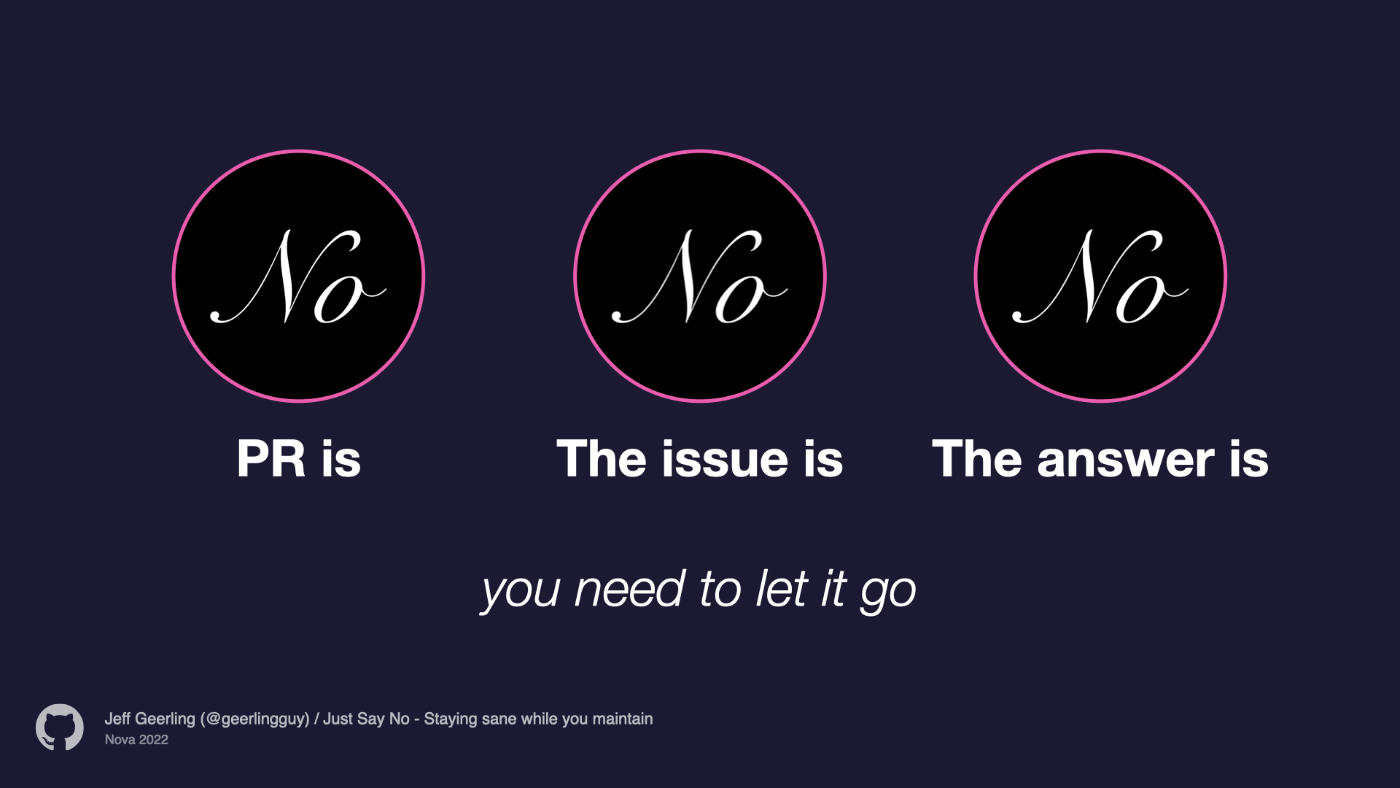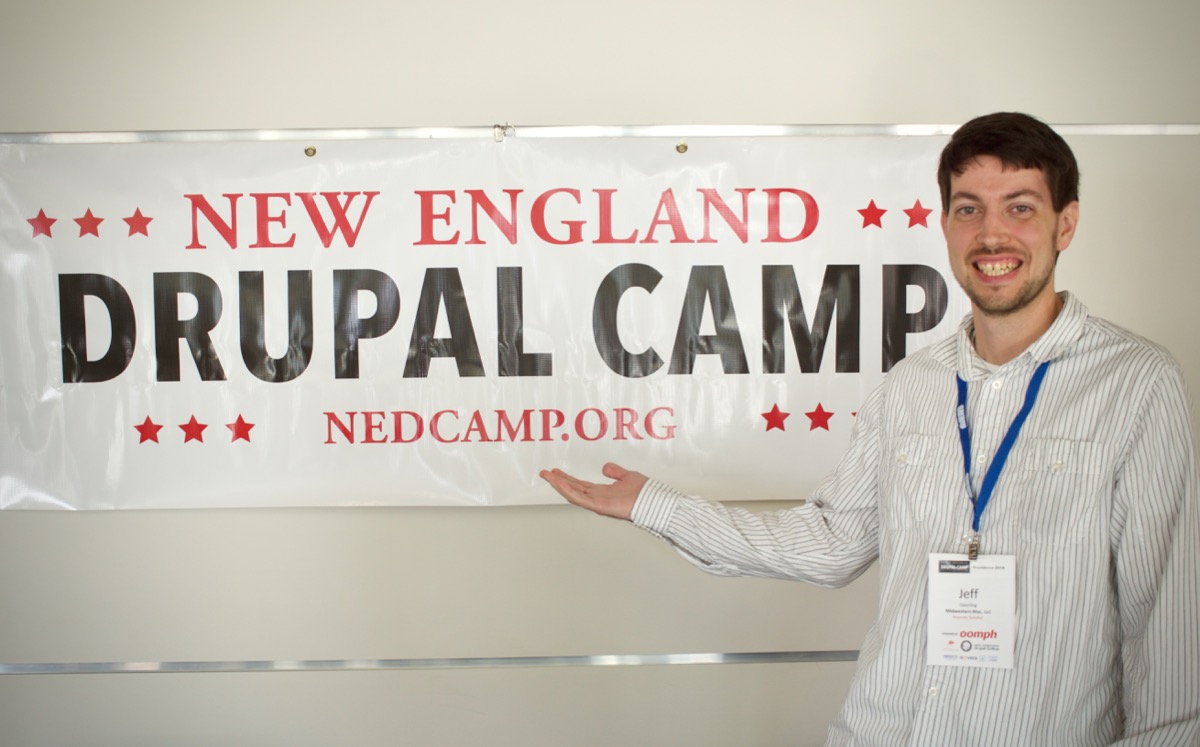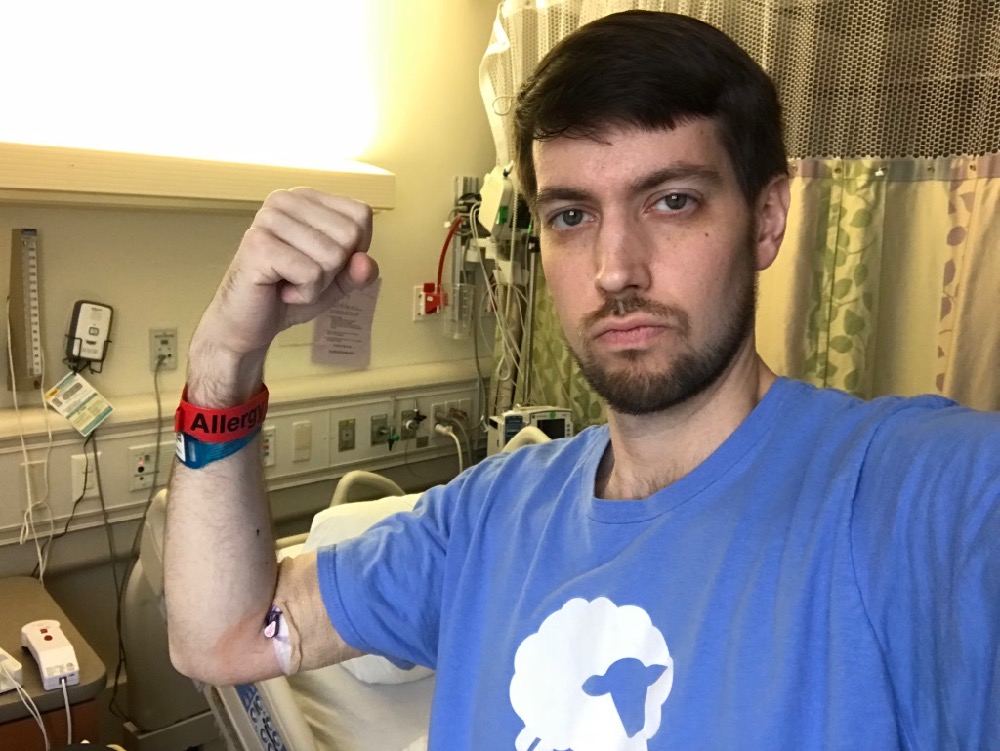Popular Rockchip SBC distro in limbo after maintainer burns out
Recently Joshua Riek posted he's dropping off from GitHub. If you haven't heard of him, he's one of the few reasons working with Linux on Rockchip SBCs is so much easier today than it was just a few years ago.
His Ubuntu Rockchip distribution is built for Ubuntu 22 and 24, and they've been maybe the most popular and stable way to run Ubuntu on Rockchip devices.
So popular, in fact, that manufacturers who use Rockchip, like Turing Pi, build their own official images on top of Joshua's.
Now, if you're reminded of XKCD #2347, yeah, I am too.



